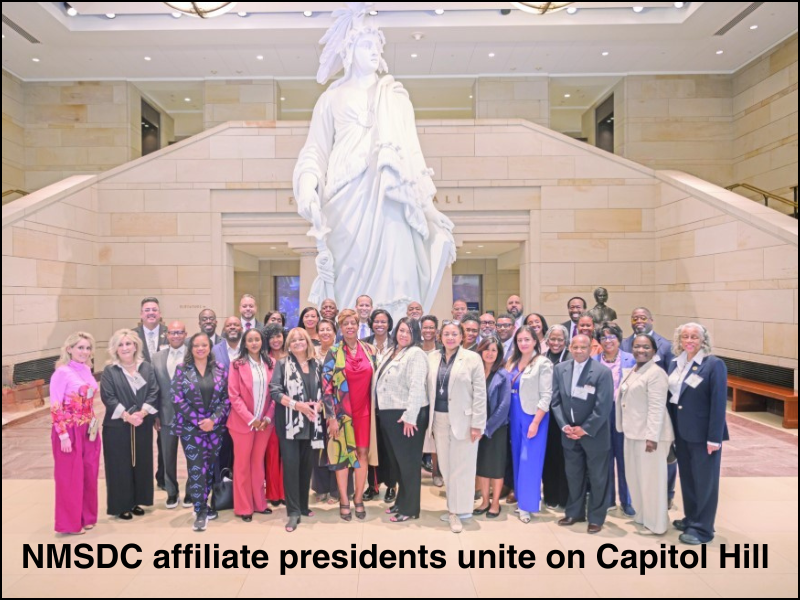By Michele Ruiz,
co-founder and CEO, BiasSync
Much of the conversation
around diversity, equity and inclusion over the past year have addressed the
role that unconscious bias plays in perpetuating complex social challenges. For
companies, the cost of unmitigated unconscious bias can be very high. This is
particularly true from a legal and reputational perspective, significantly
impacting profitability. Beyond legal fees and settlements, companies that do
not appropriately address unconscious bias risk serious damage to their
reputations and significant losses in customers and sales.
Consider these figures: In
2012, the U.S. Equal Employment Opportunity Commission reported that it
received nearly 100,000 discrimination complaints and reached $455.6 million in
settlements with employers. Also, according to the EEOC, in 2018, 32.2% of
charges filed by employees were race-related, and 32.3% were gender-related.
The restaurant industry,
for example, reports one of the highest rates of workplace sexual harassment.
According to one survey, 40% of female fast-food workers said they had
experienced unwanted sexual advances. The survey also points out that more than
one in five women said they faced the consequences for reporting harassment,
such as decreased hours and denied raises.
Hostile work environments
lead to serious legal and reputational consequences. In the past couple of
years, several Fortune 500 companies have faced staged walkouts and EEOC
filings, as well as lawsuits primarily centered on claims related to gender and
racially-based discrimination, sexual harassment and retaliation for speaking
up. Often, the core issue is unconscious bias.
Reputational risk and missed
opportunities
It is difficult to repair
a reputation once it is damaged. The reputational risk companies suffer due to
bias can have long-term effects and even put a company out of business. Simply
put, most people don’t want to work for a company that’s perceived to have a
culture of prejudice. In fact, according to a survey by job search site
Glassdoor [Inc.], a majority of job seekers — 67% — say that a diverse
workforce is an important factor when they evaluate job offers. And once on the
job, workers who detect bias are more likely to leave. Those who perceive bias
are three times more likely to quit their jobs, according to a 2017 study by
the Center for Talent Innovation.
In addition to losing
employees due to reputational issues, companies that fail to create a truly
inclusive culture risk losing huge segments among their customer base. While
38% of the U.S. population has a multicultural background, 34% of companies say
they don’t budget for multicultural campaigns. Additionally, ignoring the LGBTQ
consumer market puts an estimated $1 trillion in spending at risk.
Given the often
high-stakes risks, what can you do to help mitigate unconscious bias in your
workplace and avoid legal and reputational hardships?
Ensure your teams undergo
training, understand what unconscious bias is and recognize it and its
potential consequences. Communicate that mitigating unconscious bias is important.
Implement strong, consistent mitigation strategies, and offer regular
unconscious bias training and assessments across the entire enterprise,
including leadership.
Inclusivity and equality
can impact all facets of an organization. Considering the impact of unconscious
bias within your organization is the first step. Putting preventive measures
into place is the next and can go a long way toward helping your company avoid
unnecessary legal and reputational risks that can damage reputations while also
ensuring operational efficiency and profitability.
BiasSync provides online assessments and training to help organizations reduce unconscious bias in the workplace. Its purpose is to create more fair and respectful workplaces. For more information on BiasSync — training, unconscious bias assessments and measurements — visit: BiasSync.com





